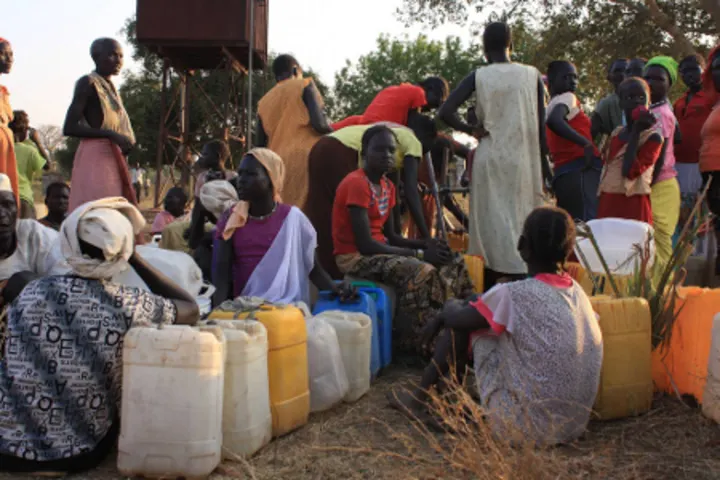
Ten people, including five Egyptians, four French and one Belgian tourist were killed in a bus crash in southern Egypt on Wednesday, the governor of Aswan said.
Fourteen others — eight French and six Belgians — were taken to hospital with “broken bones, bruises and superficial injuries” but all were in a stable condition, the governor said in a statement released by his office.
The accident occurred early Wesnesday 13 April morning when the bus collided with a car as it was transporting the tourists on the 300 kilometre (186 mile) road between Aswan and the famed Abu Simbel temple further south.
Many bodies were charred, and the injured suffered from burns, bruises and fractures, according to a health official who spoke on condition of anonymity because he was not authorized to talk to the media.
Road accidents are relatively common in Egypt, where many roads are often in disrepair and traffic regulations sparsely applied.
Some 7,000 people died in road accidents in the country in 2020, according to official figures. The Abu Simbel temple was moved in the 1960s from its original location under the administration of then-president Gamal Abdel Nasser to make way for the construction of the Aswan High Dam.
The North African nation had begun reviving its vital tourism industry by promoting its ancient heritage, after the country’s 2011 revolution and ensuing unrest struck the sector.
But the arrival of the coronavirus pandemic in 2020 and the subsequent global travel bans resulted in a plunge in revenues from tourism, which employs some two million people out of the country’s 103-million strong population.













